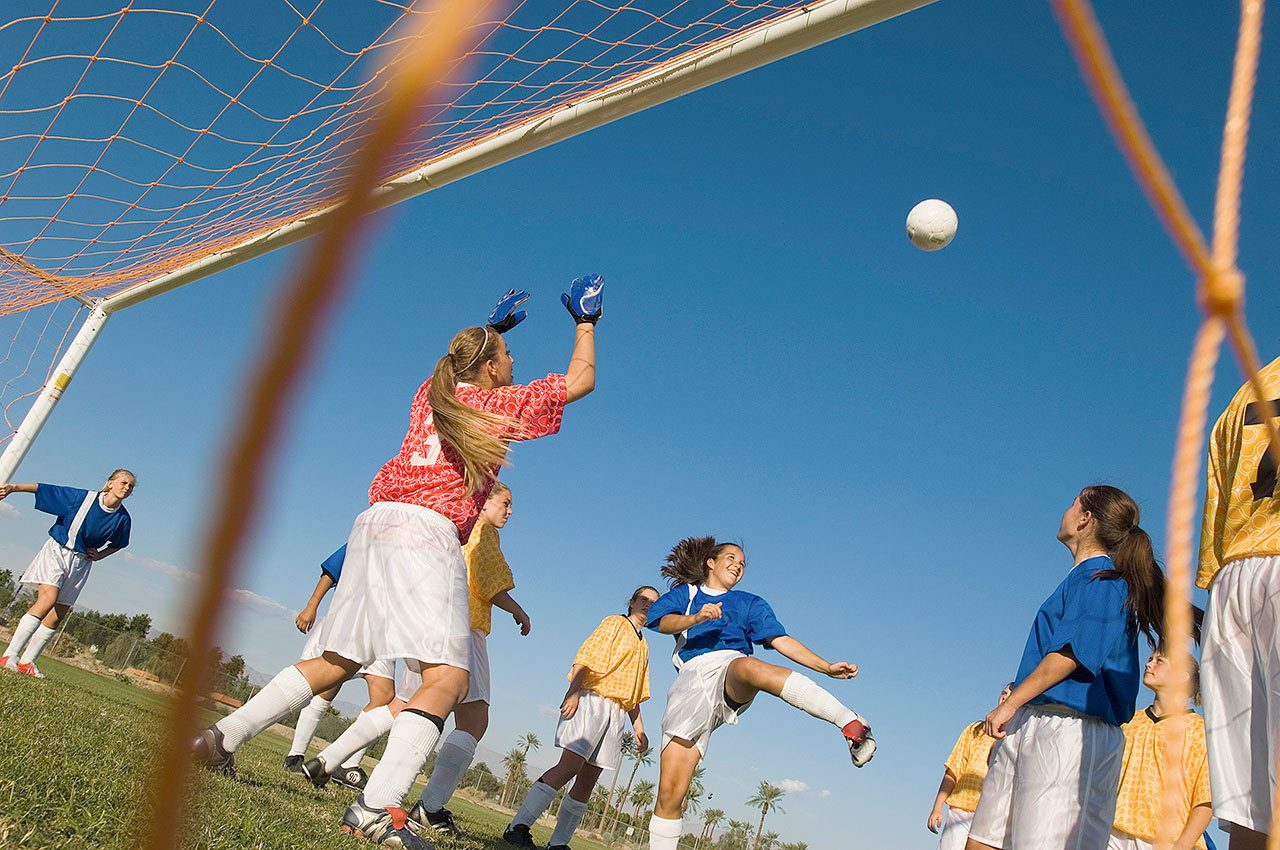By Kim Larson
Special to The Herald
Fall brings weeks filled with sports practices and game days. Today I’ll focus on the nutrition and hydration needs of children and adolescents that play sports. Fueling athletes well, whether they are in elementary or high school, will keep them healthy and enhance performance. Here’s what parents need to know:
Start the day with a balanced breakfast that contains quality carbohydrates (whole wheat cereals or breads), protein (eggs, yogurt or regular or soy milk) and fruit. Skipping this meal robs your child of energy and essential nutrients.
Having just a bowl of cereal may not provide enough calories or protein for many athletes, depending on their size, gender, age and length of sports activities. Breakfast should include protein because it helps keep kids full longer —it’s not just for dinner.
Pack a hearty lunch with as many food groups as possible including whole grains, pasta, lean protein, fruit, vegetables and dairy. A light lunch, like just a salad or a slice of pizza, will leave their tank empty later in the day.
Send a full, reusable, insulated water bottle with them every day. Skip sports drinks.
Younger kids do not have fully developed thirst or sweating mechanisms so encouraging regular water drinking is important to prevent dehydration. Kids need to drink all day long and especially two to three hours before games or practices. It’s also important for them to continue drinking water during the game (four ounces every 15 minutes) and afterward to rehydrate.
Sports drinks should be used only during sports that last longer than 90 minutes — not as a lunchtime beverage.
Kids often need an after-school snack to make it through practice. Pack a half of a peanut butter sandwich, hummus with a few triangles of pita bread, fruit and a cheese stick, or even a granola bar.
Kids need this same kind of light snack one hour before a competition. Keep protein and fat content low and don’t let them overeat.
When eating meals before games, allow two to three hours for digestion. High fat foods slow digestion. Pizza, french fries, high fat meats and rich desserts will leave youngsters tired and sluggish.
Supply healthy foods afterwards that restore muscles and energy. Chocolate milk is a great recovery drink — or head home for a nutritious meal.
For tips and recipes go to: www.eatright.org.
Kim Larson is a registered dietitian nutritionist, founder of Total Health, www.totalhealthrd.com, and a spokesperson for the Academy of Nutrition & Dietetics.
Talk to us
> Give us your news tips.
> Send us a letter to the editor.
> More Herald contact information.

























